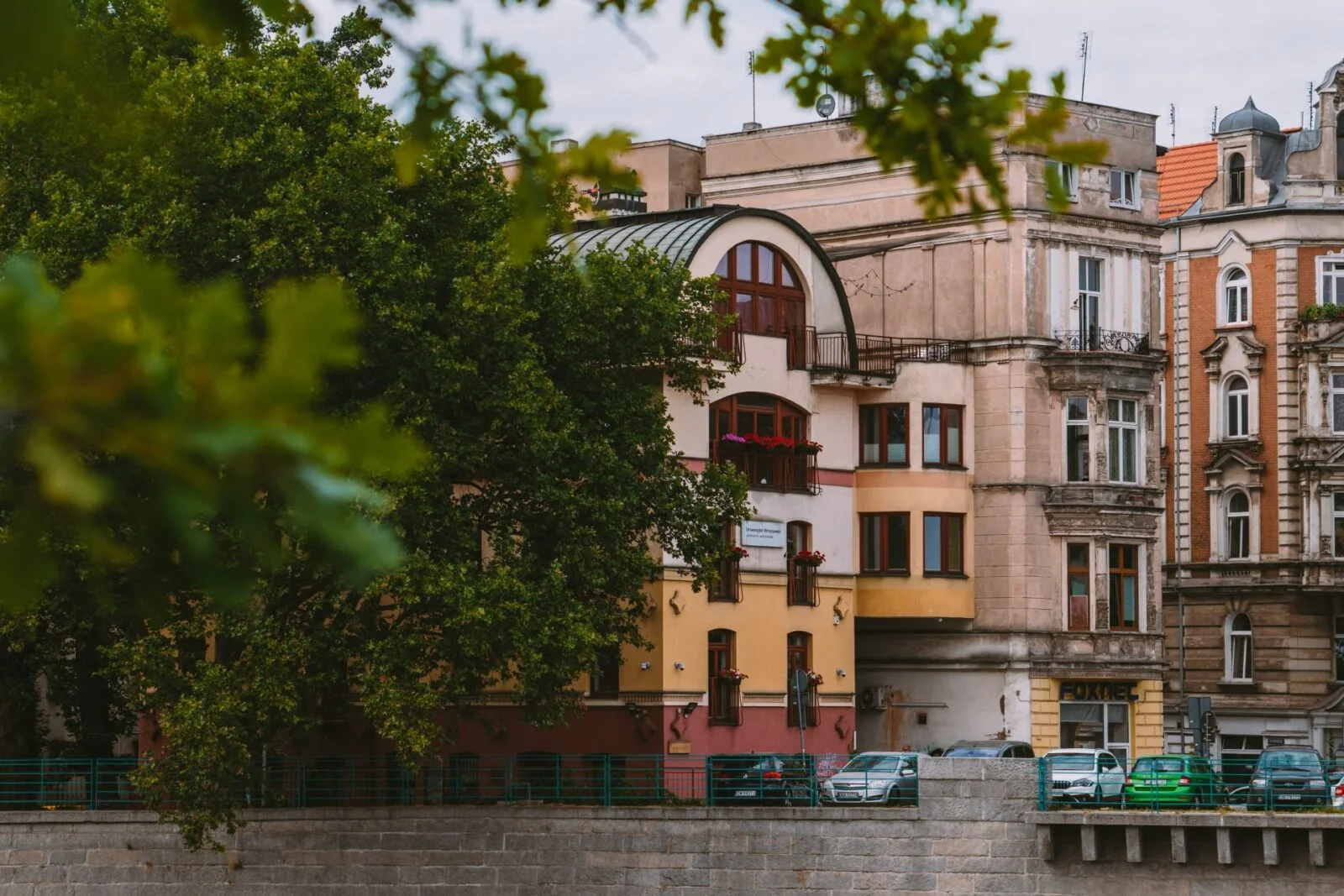
Willy Brandt Centre for German and European Studies
Willy Brandt Centre for German and European Studies at University of Wrocław (CSNE) is an interdepartmental and interdisciplinary institution of the University of Wrocław founded in 2002 as a joint project of UWr and German Academic Exchange Service (DAAD). CSNE’s most important goal is to initiate, organise and popularise research on German and European issues and on Polish-German relations. The CSNE is part of a global network of 20 research institutes supported by the DAAD.
Research
The activities of the CSNE are based on three pillars that are mutually intertwined and complementary. These are: research, teaching and public policy. Research is focused on five thematic areas: visions of Europe in the 19th and 20th centuries; nationalism, religions and European integration; culture, literature and memory in Polish-German relations; German history and Polish-German controversies; and Poland and Germany in a united Europe. The Wrocław Institute has received numerous national and international grants and has organised many conferences and panel discussions. It participates in a well-developed network of cooperating university and non-university institutes. The Centre’s research results are published in several national and international editorial series. Proof of the Centre’s importance is that its employees are invited to join numerous scientific boards of foundations, museums, associations and research institutes. They are also often appointed as experts for evaluating research projects and scientific assessments of university and non-university institutes.
Didactics
CSNE actively participates in the initiation, creation and (co-)implementation of majors (undergraduate and graduate) and doctoral seminars. For several years, CSNE, in cooperation with the Faculty of Social Sciences, organised the course of study of the first and second degree “European Diplomacy” (until 2015). Since 2017, the Centre in cooperation with the Faculty of Historical and Pedagogical Sciences has been creating a second-degree course “Interdisciplinary European Studies/ISE”. An important part of the teaching activity is also the popularization of the German language. CSNE holds regular classes in German and offers specialized lessons for ISE students. Classes also enrich the Centre’s educational offer for international students offered within the Erasmus Plus program. CSNE has a successful doctoral seminar, which has promoted more than 30 doctoral students.
Public activities
Another important field of the Centre’s activity is public space. The Centre organizes regular popular science conferences, discussions and meetings for teachers, exhibitions and book promotions. Once a year the Centre co-organises with the F. Ebert Foundation a lecture commemorating its patron, Willy Brandt. As a university institution, it offers its expertise to Polish and German politicians and social activists, and advises various domestic and foreign non-governmental organizations. The Centre pays great attention to cooperation with schools. It exercises patronage over the 10th High School in Wroclaw. Students participate in lectures and discussions on Polish-German and European issues.
Partners
Since its inception, CSNE has received financial and organizational support from various institutions, including the Foundation for Polish-German Cooperation, the Deutsche Forschungsgemeinschaft, the Konrad Adenauer Foundation, the Friedrich Ebert Foundation, the Volkswagen Foundation, the Robert Bosch Foundation and the German National Foundation. They co-financed selected lectures, conferences, publications and scholarships. This has significantly expanded the resources available to the Centre under the agreement between its two founders – UWr and DAAD.
Infrastructure
CSNE’s teaching, research and public activities are accompanied by a gradual expansion of its infrastructure. The University of Wroclaw has donated a building at ul. Strażnicza 1-3 for the Centre’s purposes, which houses staff offices, well-equipped lecture halls and a specialised library. The Centre’s collections have been continuously expanded thanks to grants from Polish and German foundations, the German Scientific Society (DFG), the Foundation for Polish-German Cooperation, and numerous private donors. This makes them an active, mutually inspiring team, attractive to students and doctoral candidates.
Translated by Agnieszka Borgul (student of English Studies at the University of Wrocław) as part of the translation practice.


